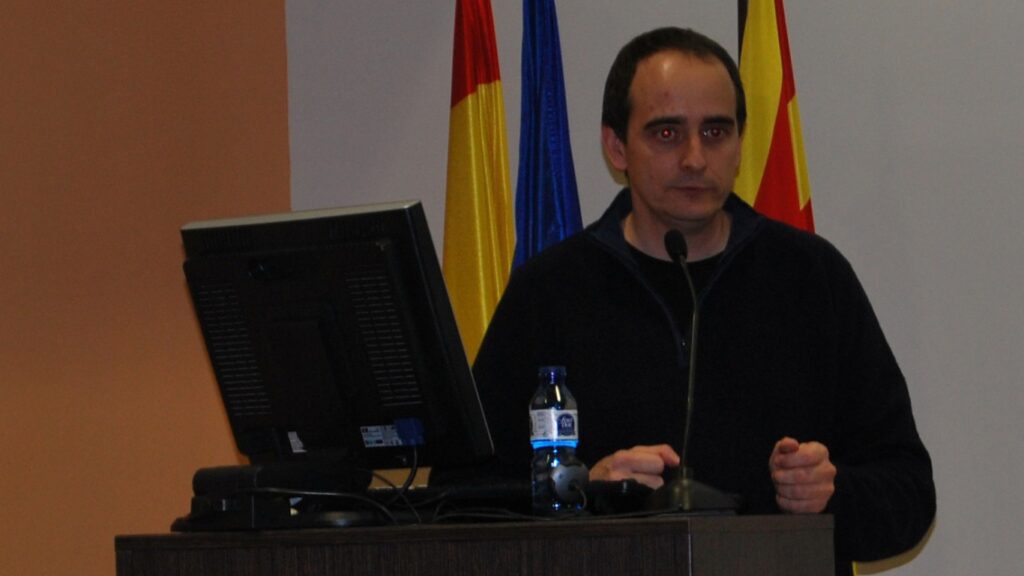“Understanding how cells respond to stress, how they realize that there is a dangerous situation and how they put in place the mechanisms to respond.” This is one of the objectives of the laboratory run by Francesc Posas in the Universitat Pompeu Fabra. More specifically, study the functions of these kinases in stress response mechanisms. He explained his research in IDIBELL seminar series on 27 January.
The Posas’ group works with kinases in yeast cells and in mammal’s cells. Yeast is an easily modifiable model, which allows you to work quickly and to identify mechanisms that later are transferred to mammalian cells. “Understanding how kinases respond to stress, will help us understand disease situations. The kinases regulate cell cycle progression, and this is important because deregulation of this cycle can create serious problems in the organism.”
“In any case,” Posas warned “we have seen that the kinases in mammalian cells, such as p38, furthermore than regulate the stress response have other functions in inflammatory processes and others. This is important when we are looking for clinical applications. According Posas, understand how these molecules and their signaling pathways work, will allow us to “dissect the disease processes and to design more accurate clinical applications”.

